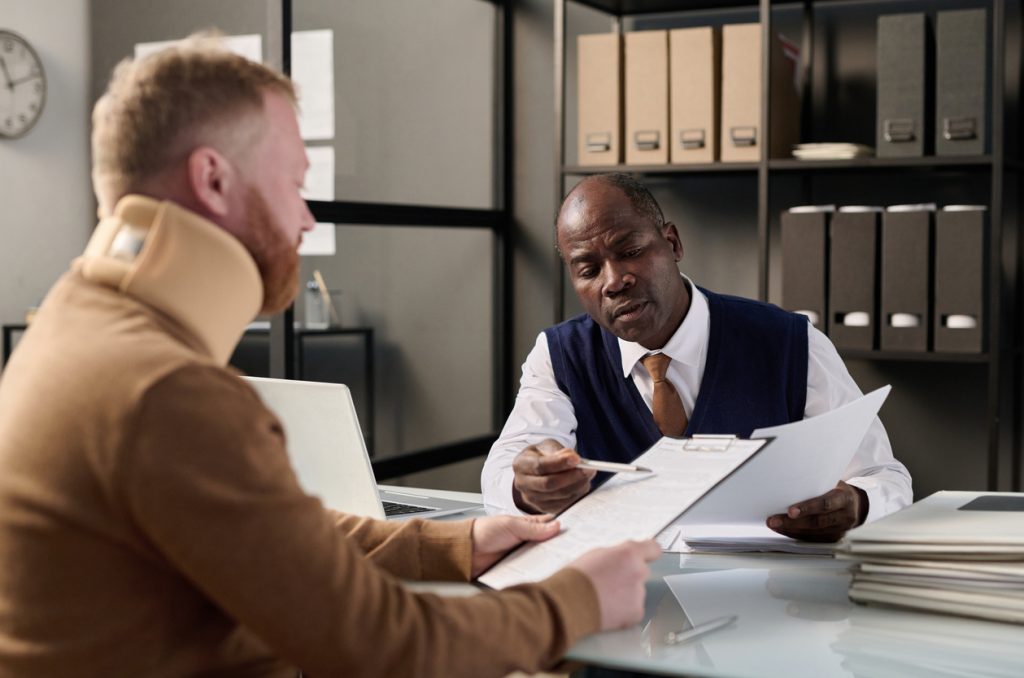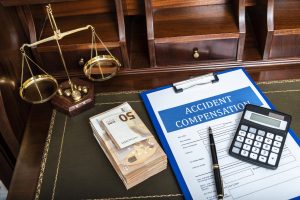Among its bustling urban centers, Tampa, situated on the west coast, stands out. Home to millions, this thriving metropolis, unfortunately, sees its fair share of accidents and personal injury incidents, leaving individuals seeking details about personal injury cases in search of guidance and clarity. For those affected, the journey through legal complexities can be particularly intricate, especially when dealing with Multidistrict Litigation (MDL). If you're considering filing an injury claim in Tampa, understanding the nuances of MDL is crucial.
Unpacking this complex legal mechanism is a difficult and time-consuming process. Hence, it is highly recommended that victims hire an injury lawyer to navigate the legal maze. This blog will peel back the layers of the complexity of MDLs in personal injury cases. It's time to step out of legal jargon's shadows and into the empowering light of understanding your case's complexities.
What Is Multidistrict Litigation?
MDL was established under Federal Rule of Civil Procedure 42(a) in 1968 to expedite legal proceedings by grouping similar cases. If several individual lawsuits across different districts relate to one common issue or defendant, they can be consolidated into an MDL proceeding.
After being consolidated, all related cases remain pending in their original district court. However, they go through coordinated pretrial processes together before being returned to their respective originating courts for trial or settlement.
How Does An MDL Proceeding Work?
The initial step involves the Judicial Panel on Multidistrict Litigation (JPML). This panel comprises seven judges appointed by the Chief Justice of the US Supreme Court. The JPML receives requests from attorneys representing either party. These requests consolidate similar issues into a single case with one discovery plan. This consolidation prevents the dispersion of cases across multiple states.
Individual district courts transfer applicable underlying actions brought outside their jurisdiction via §1407 (28 U.S.C.§1407) if approved. During this phase, attorneys often coordinate discovery with periodic conferences among counsel, including setting cutoff dates such as completion dates for fact-discovery since many groups would overlap slightly, so JPML may arrange plans regarding shared resources if needed during this phase.
During this time, wherever practical, the same judge presides over all aspects of pre-trial litigation, from discovery to settlement negotiations. Once the case reaches trial-ready status and MDL proceedings conclude, each claim is remanded to its original court for a decision or to pursue a trial.
The consolidation may involve several lawsuits against a common defendant due to a device's or drug’s unfavorable side effects in personal injury cases. For example, in 2021, an MDL was established in Florida Federal District Court concerning Abiomed's Impella brand LVADs after plaintiffs alleged that they had suffered injuries resulting from product defects.
Benefits of An MDL Proceeding
One of the critical advantages of an MDL proceeding is centralization. Consolidating numerous related cases provides litigants with economies of scale, enabling them to reduce administrative and legal expenses significantly during discovery.
Furthermore, defendants will not encounter inconsistent rulings in various jurisdictions. This is because there will be a single judge who determines how evidence will be managed by federal law. This ensures clarity that may arise from differences in practices among state judiciary systems.
Potential Drawbacks of An MDL Proceeding
MDL has potential drawbacks, such as mobility costs. Litigants often have to travel long distances so their attorneys can argue before judges, who may need to be more familiar with local procedures. This lack of familiarity can lead to arguments that do not consider regional constraints specific to their locations. In contrast, lawyers who build relationships with location-based judges can operate nationally through JPML proceedings, which can help avoid expensive costs like airfare and hotels.
Furthermore, due to the lengthy and time-consuming process, both parties must refrain from hastily settling claims through this method. However, it is worth noting that most cases are resolved outside of the courtroom through mutual agreements rather than waiting indefinitely for a resolution.
Final Thoughts
Multidistrict Litigation (MDL) can simplify intricate personal injury cases with numerous parties. However, it should maintain adaptability for legal disputes that demand tailored solutions. Depending on available resources, this flexibility is particularly important during the discovery process. Under specific conditions, justice may appear equitable, despite its complexity surpassing that of ordinary lawsuits.





















